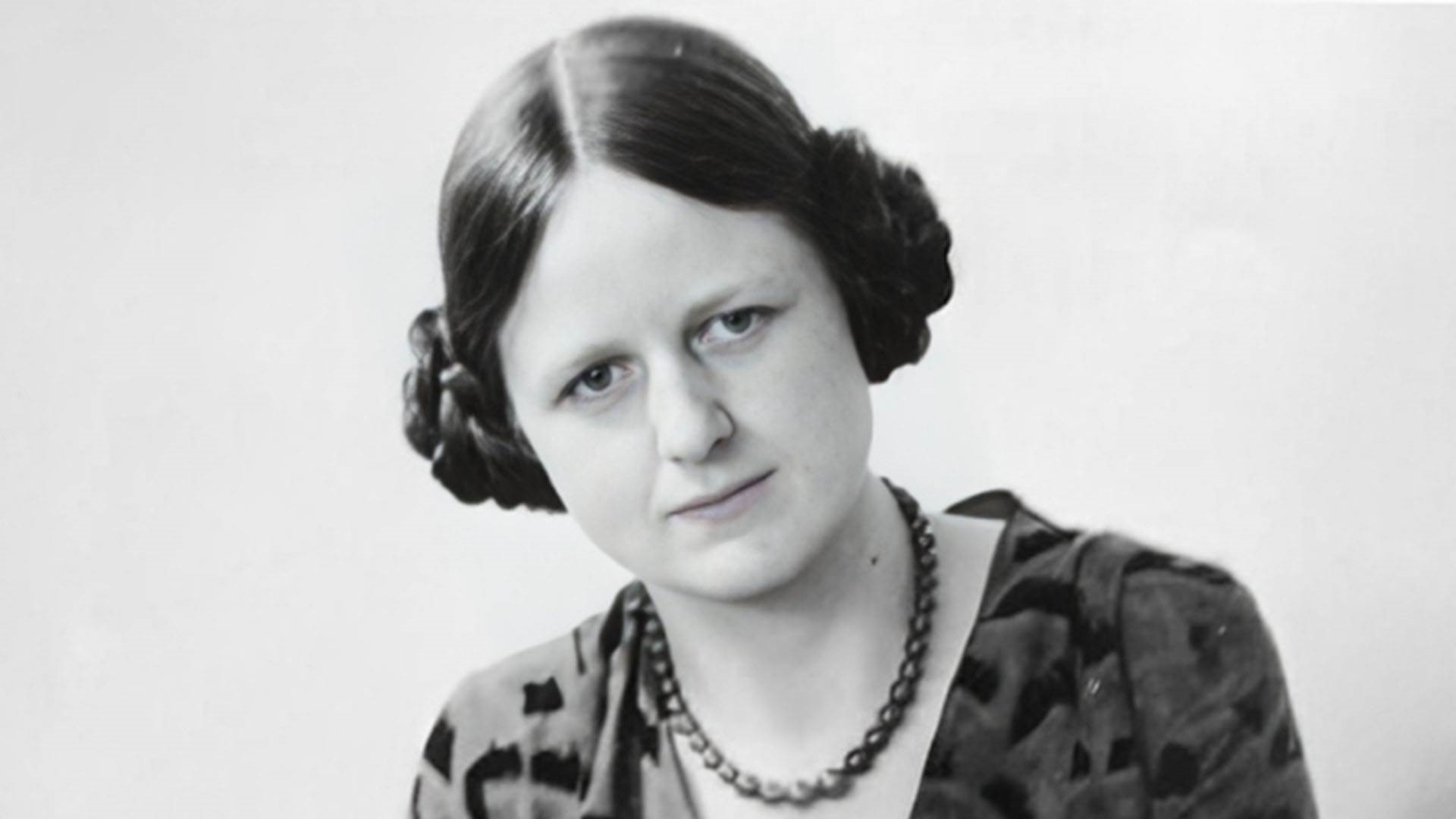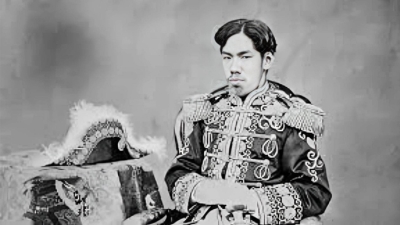Joan Robinson, One of the Keynesian Economics pioneers

Joanne Robinson; Prominent economists who followed the British School of Global Economist John Kinsey were among the people who made a difference in economic policy, helping the Keynesian economy and developing concepts of its theories, such as economic growth and technical change during the 1930s.
Economist Joanne Robinson was born in 1903 in Britain and graduated from Cambridge University in 1925 and has served as Professor of Economics at the University for more than 40 years
Robinson developed Kenesian concepts into long-term issues, such as economic growth and technical change, based on her model of showing that the national economy consists of two sectors, the first producing goods for production, and the other producing consumer goods, adding that the investment rate is the external variable most important for growth.
Although Robinson appreciated the economic world of Kinsey, she criticized him for assuming the effectiveness of the market system, supply and demand forces and neglecting the power of monopolies in the capitalist system.
In her well-known book Capital Accumulation, she addressed the contradictions of the capital system and was convinced that monopolies were the problem in the process of delaying growth, the emergence of economic recession and unemployment.
She also believed that capital systems were not stable, owing to the conflict between business and employment over their respective income shares, and suggested that the Government's policies should be developed, so as to determine the distribution of income between both parties
Robinson has written a lot of books like; Economics of Unflattering Competition, Marxist Economy, Economic Fads, Introduction to Modern Economics, Economic Philosophy, Departed from the World in 1983












